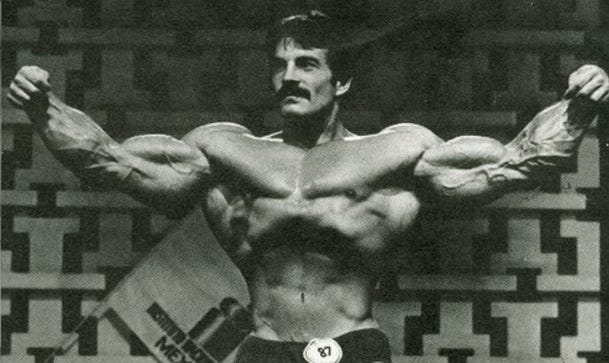1. Intensity over Volume:
Mentzer emphasized the importance of intensity in training over sheer volume. He believed that by pushing your muscles to their absolute limit during each workout, you could stimulate the greatest possible muscle growth. Rather than performing numerous sets and repetitions, Mentzer advocated for fewer sets but with an extreme focus on intensity.
2. High-Intensity Training (HIT):
HIT is a core component of Mentzer's Heavy Duty philosophy. It requires lifting weights with maximum effort and precision, pushing each set to the point of momentary muscular failure, with inability to perform another concentric portion of the rep (positive failure). This was the only reliable way to train for triggering the body's adaptive response for growth.
3. Infrequent Training:
Unlike traditional bodybuilding routines that involve frequent workouts for each muscle group, Mentzer advocated for infrequent training. He believed that muscles need adequate time to recover and grow after a strenuous workout. This typically meant training each muscle group once a week, allowing for complete recuperation.
4. Short and Intense Workouts:
Consequently, this meant Heavy Duty workouts were short,, focusing on extreme effort rather than quantity. He recommended performing only one or two sets per exercise but doing so with absolute intensity to positive failure (and sometimes beyond positive failure). These brief but grueling workouts were designed to minimize the risk of overtraining and maximize muscle stimulation.
5. Progressive Overload:
Progressive overload is a fundamental concept in bodybuilding and strength training, and Mentzer incorporated it into his Heavy Duty philosophy. He stressed the importance of continually increasing the weight or resistance as your strength improved. This gradual progression ensures that your muscles are consistently challenged, leading to growth over time.
6. Mental Focus:
Mentzer placed great importance on mental focus during training. He believed that the training process was manifest of one's personal beliefs and mental powert. Concentrating on each repetition and contracting the targeted muscle group with precision was a key aspect of his training approach.
7. Recovery and Nutrition:
The other half of Heavy Duty philosophy is the importance of recovery and nutrition in the growth process. Adequate sleep, rest, and a balanced diet are essential for optimal muscle growth and sustainability.
8. Individualization:
Heavy Duty training is meant to be individualized. Mentzer stressed that not everyone can train with the same intensity or frequency. Individuals should adjust their routines based on their own recovery abilities, genetics, and goals. What works for one person may not work for another, and customization is crucial.
Train like Mike with his Heavy Duty Workouts




Even though I don't agree with all of Mentor's philosophy but Mike was way ahead.